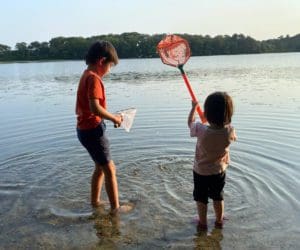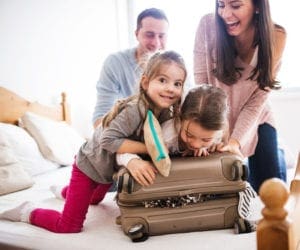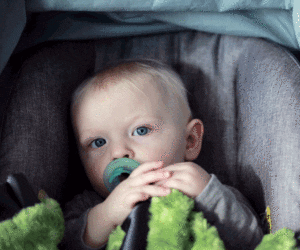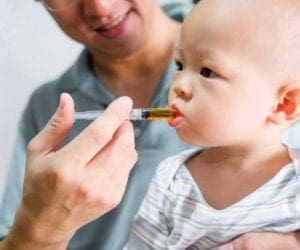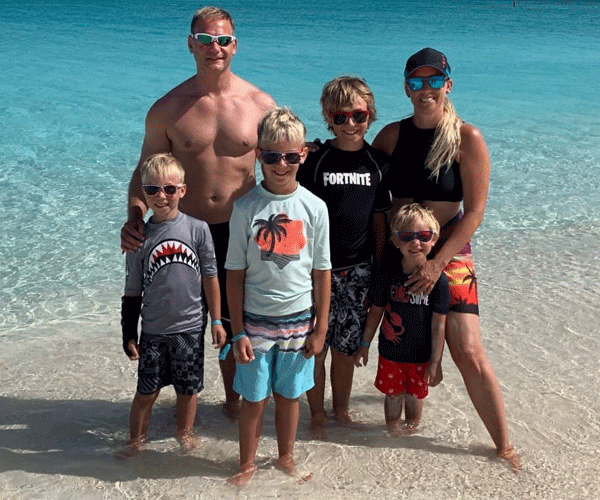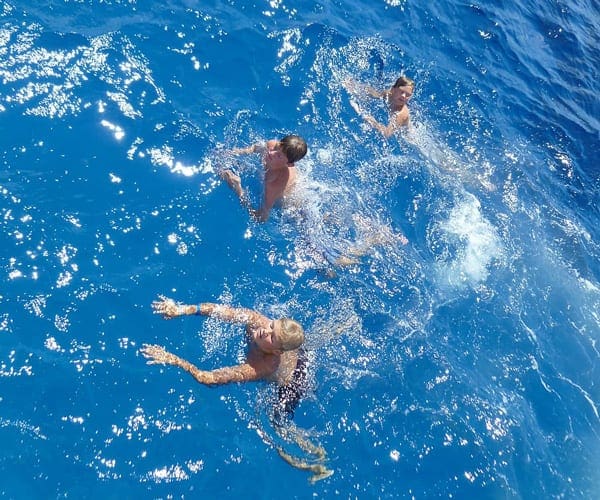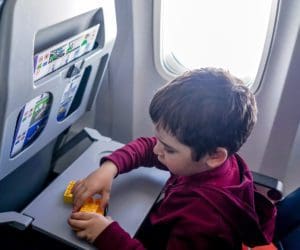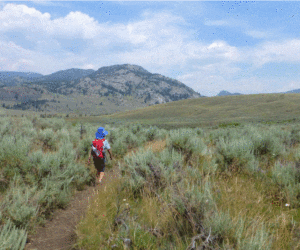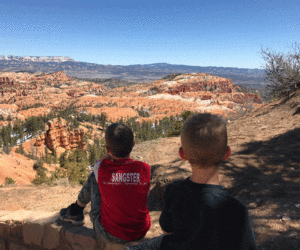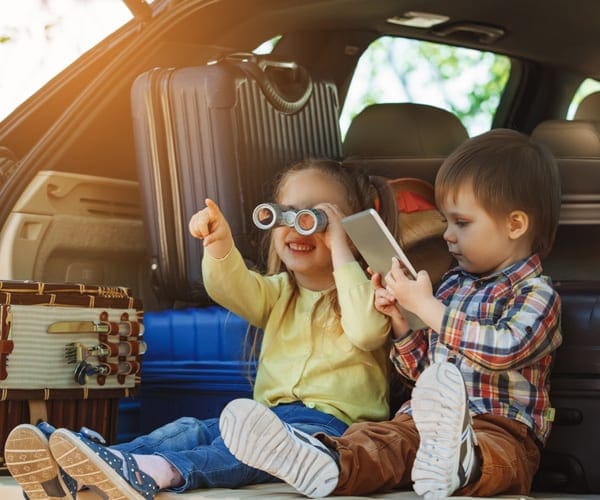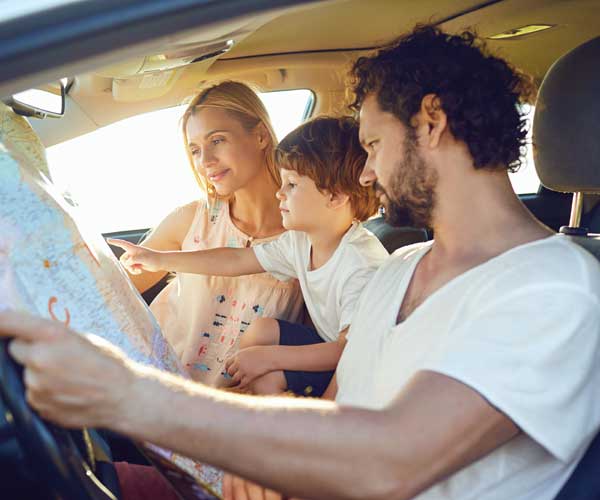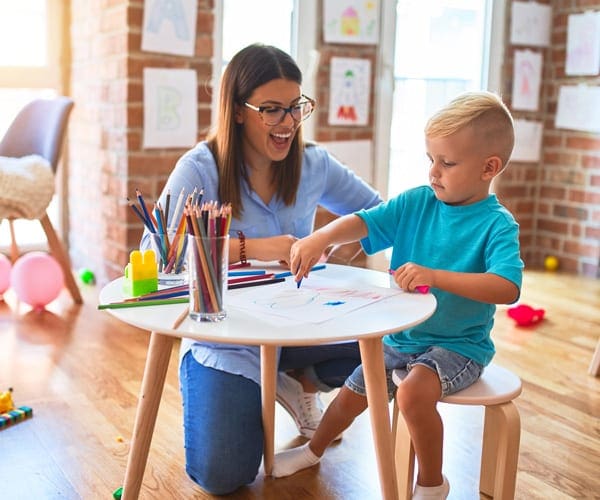
Traveling with children who have allergies can be confusing for some families. Even as our world changes with the current COVID-19 pandemic, parents are still finding inventive ways to travel with little ones. Some are even beginning to go on long family vacations. As a pediatric nurse practitioner, however, I’ve learned that children traveling with allergies often need additional instruction. Whether it’s food or environmental factors, your children’s sensitivities may dictate where or how you take your family adventure. Though spending time together is always great, preparing the entire family for an allergy-friendly trip requires some prior planning. To help you navigate traveling with children who have allergies, I’ve compiled this list of parent-approved advice. Keep reading for my Tips For Traveling With Children Who Have Allergies!
Before You Go
My most important tip for traveling with children who have allergies is to create a game plan long before your departure! Here are some pre-vacation suggestions to make your travels go smoother.
Talk About It

Talking to your children about their allergies is crucial to help them avoid any potential triggers. Depending on your child’s age, one important way to prepare them for traveling to new locations is to practice ordering food. Tell them to start with their allergens. To keep them safe in more casual situations, you should also practice how to tell people who offer allergenic food to them. Role-playing is a great tool to use for this practice. Prior to your departure, there are also a few additional steps you can take as a parent to navigate your children’s allergies in your final destination. Remember to remind the airlines, hotels, and restaurants about your little one’s allergies!
Check The Map
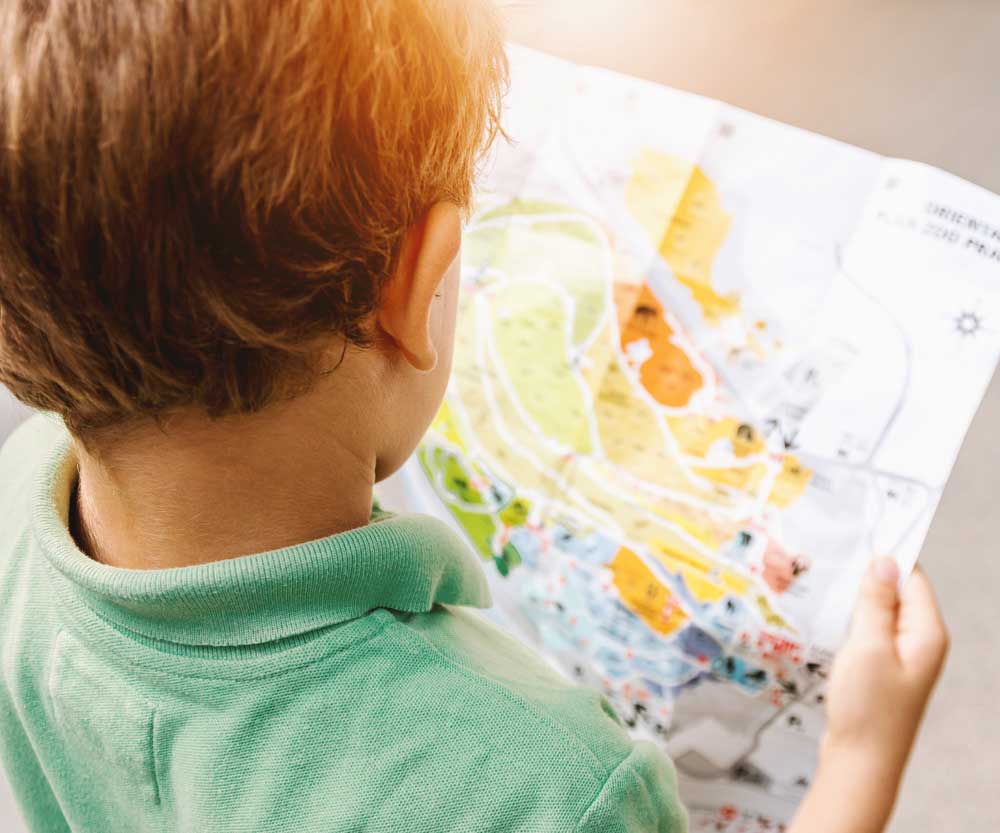
Understanding the location you’ll be staying in also makes traveling with children who have allergies a lot easier. Before you go, do some research about the area so you’re aware of what’s nearby. For example, find out where you can visit an urgent care facility or hospital, just in case your child has a reaction. Be sure to also double-check travel insurance for visiting urgent care or hospitals in that place you are going. Aside from these worst-case scenario places, there are also a few other helpful locations. Look to see if there are any pharmacies near you if you need a refill for your prescription or if you lose a medication. Finally, check grocery stores or natural food stores that carry options for your child!
Visit Your Healthcare Provider
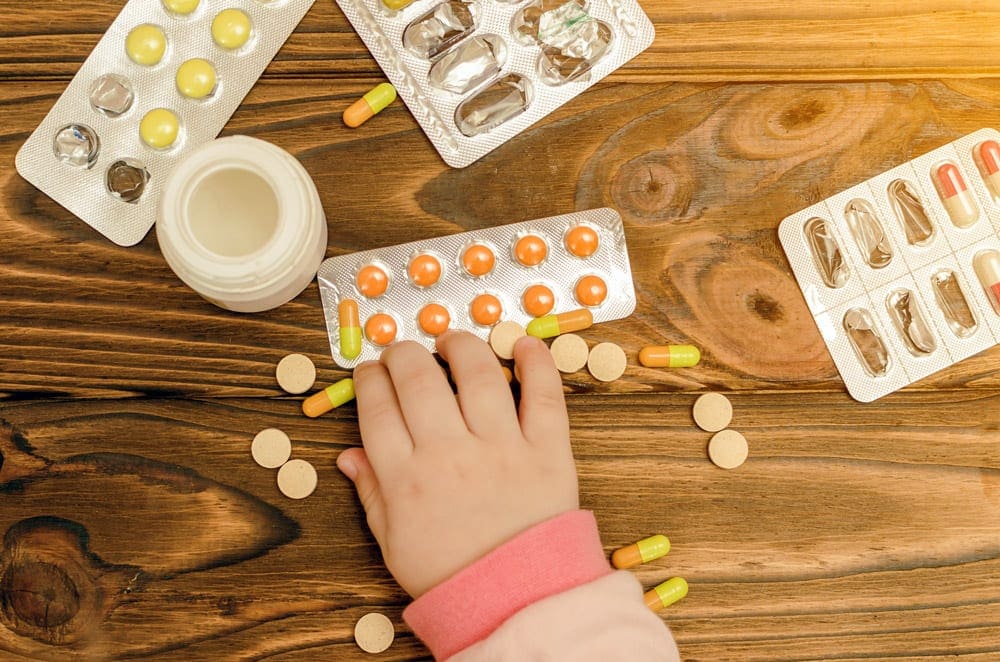
Schedule an appointment or call with your primary care provider or allergist before your trip. This can be for a general check-up or to consult them about any concerns you may have leading up to your vacation. Make sure you have sufficient medication for your trip, a refill ready at a nationwide pharmacy, or a prescription in hand for additional medication. Including, if you need an emergency epinephrine injector. Speak to your healthcare provider if you are uncertain about the potential exacerbation of allergies. Consider that your child’s coexisting, under-control asthma may flare with new allergen exposures in new places and bring medication for this as well.
Check the Weather Report

Weather can exacerbate your children’s allergies. Since you may not be sure how your child will react in a new climate, remember to take a few necessary steps beforehand. For one, check the pollen counts wherever you’re headed, as some areas may be higher than your child is used to. During warmer weather, use air conditioning when possible: hotels, cars, and restaurants. If you already know pollen is an irritant for your little one, there are a few tips parents can follow to limit exposure. When outside, cover your child’s hair with a hat. You can also use tighter-fitting sunglasses to protect their eyes. Have your family remove their shoes when entering your hotel room. Bring nasal saline to rinse out their nose after spending time outside. And remember to take a shower (including washing hair) before sleeping.
Pack Your Bags
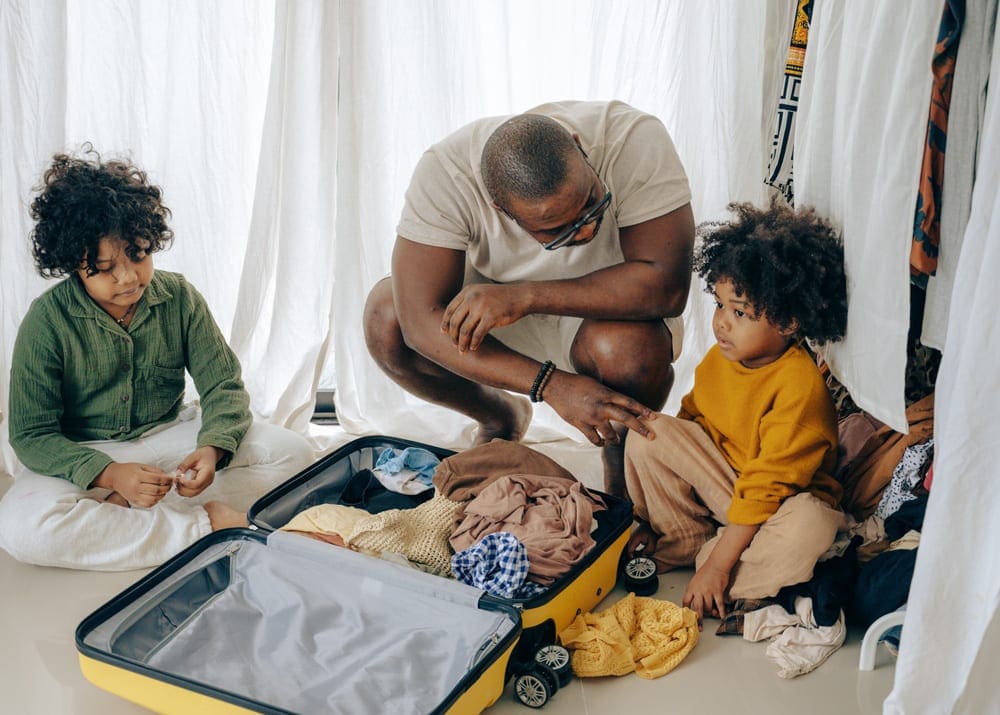
Packing the correct supplies is another important step to successfully traveling with children who have allergies. Of course, bring hand wipes and disinfecting wipes to use in planes, hotels, restaurants. Washing hands frequently will protect them as well, especially given other viral illnesses we now have going on. Above all, be sure to carry all medications with you.
During Your Trip
Taking the proper precautions during your trip is just as significant as prior planning. Here are a few suggestions to keep in mind while vacationing with children who have allergies.
Getting There
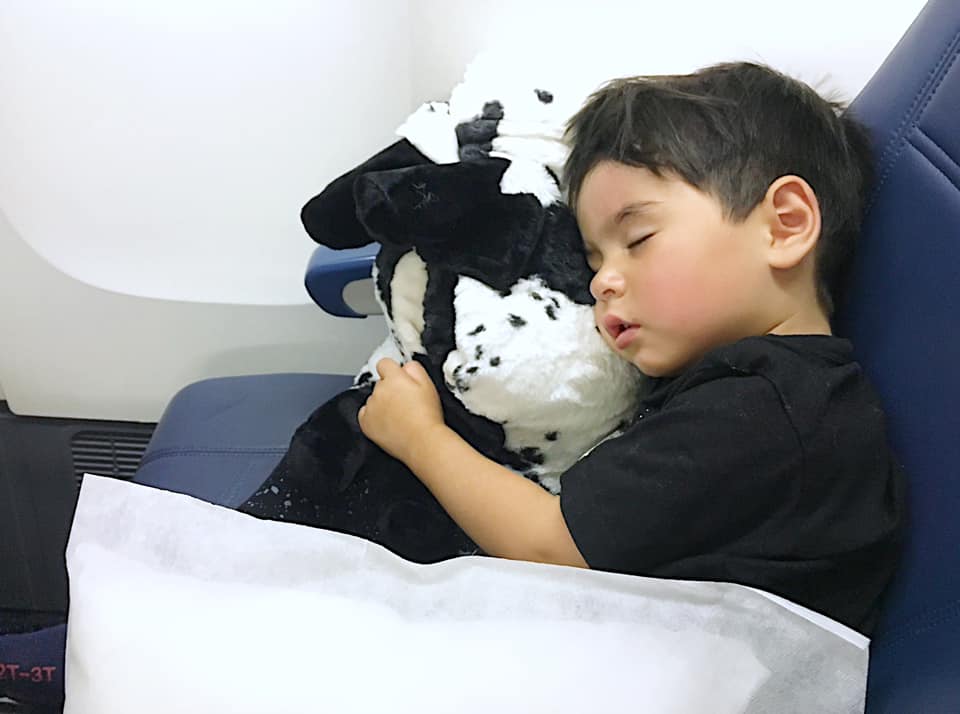
If you are not taking your own vehicle, most families will use airplanes, buses, trains, or cruise ships. As I previously mentioned, it’s necessary to make your airlines aware of your child’s allergy when booking. (And again when you begin your trip with the service providers.) To avoid contaminated airlines, book your trip early in the day when everything is much cleaner. When it comes time to eat, inquire if the foodservice includes your child’s allergen. Pack food to bring with you just in case and carry all medication in original containers to keep with you at all times. Remember to ask if pets will be aboard and request space away from them if that can be arranged. Also, be aware that car rentals may have had pets previously in them and pet allergens can stay around for 4-5 months.
Where You’re Sleeping

Booking allergy-friendly accommodations can make or break your family vacation. Unless the vehicle you are taking is a recreation vehicle (or you are staying in a tent), you may want to consider taking a few more precautions. Look for hotels that have kitchenettes, or at least microwaves and refrigerators so you don’t need to eat in so many restaurants. Again, ask for rooms that don’t allow pets, as those allergens stay around for months. Plus, ask for pillows that don’t have feathers, since they harbor more dust mites. When all else fails, consider bringing mattress covers and your child’s pillow or a pillow cover. Finally, book a room away from the pool to avoid mold.
Insects
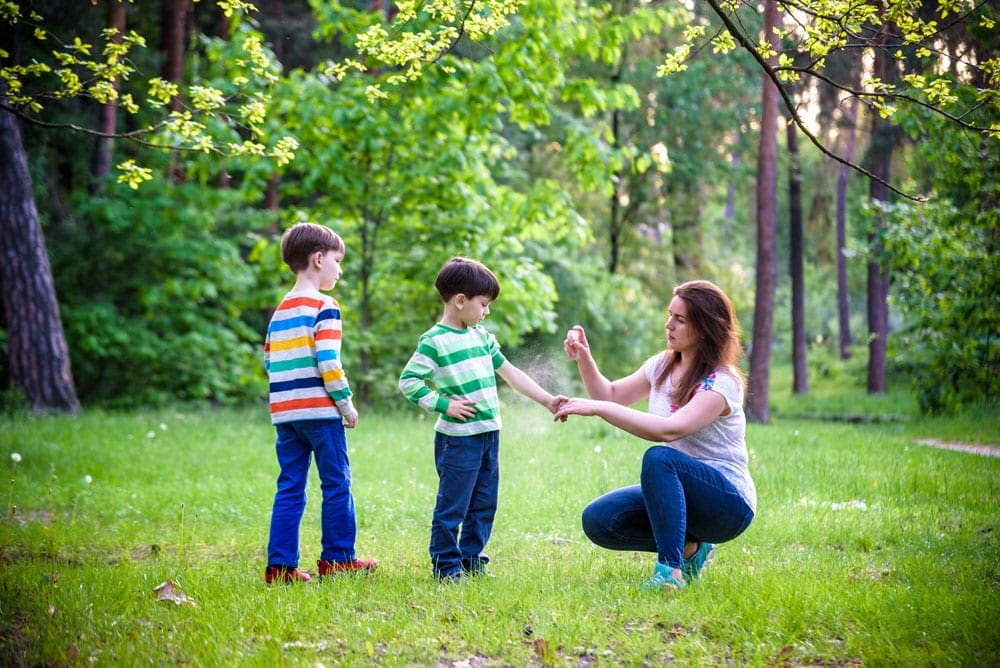
Insects are another factor worth noting when traveling with children who have allergies. During most vacations, families spend more time outside than ever before, whether at a park, the beach, or simply walking around a city. For children that have insect allergies, this means parents must ensure they take extra safety steps to avoid annoying pests. Don’t ever go barefoot outside, including on sand, to avoid stepping on any insects. Don’t wear bright colored clothes that attract insects and wear long sleeves and pants for protection. Strong smelling shampoos or perfumed lotions may also attract some unwanted guests. And, as always, carry their medication with you!
Eating Out
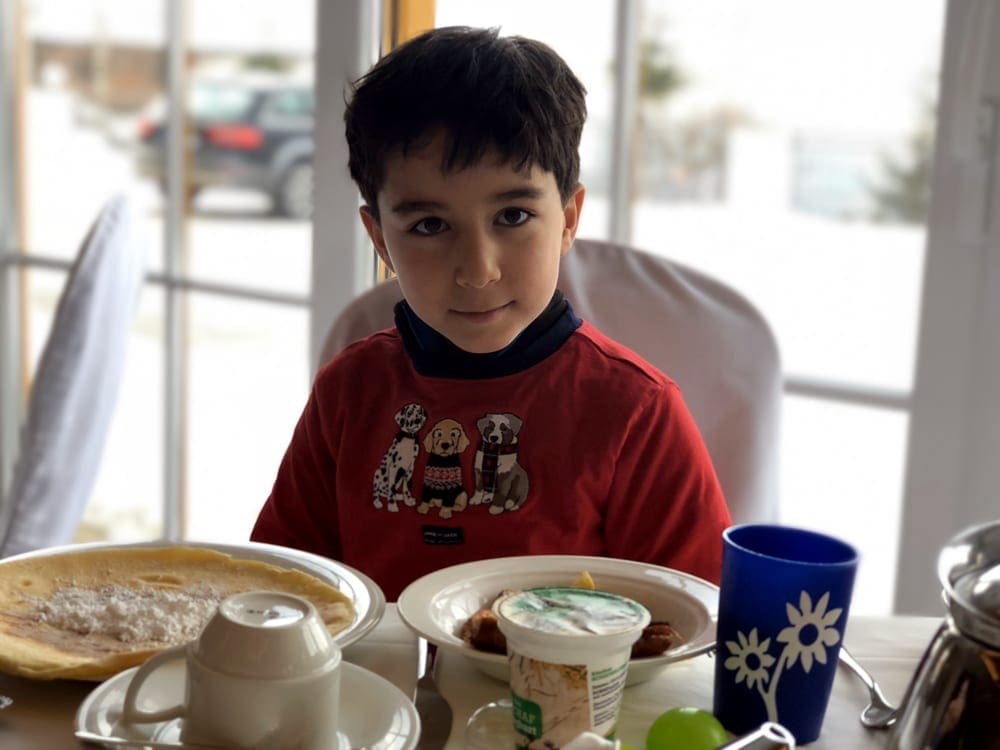
Another exciting thing for kids (and parents who want a vacation from cooking) is eating out at new restaurants. If you have a place to cook in your hotel, you won’t have all your meals out, but a part of the fun is exploring food as well! However, every parent knows that eating out with a child who has allergies can be tricky. I recommend a few tips, like calling the restaurant ahead of time. Confirm they have options for your child and that they can avoid cross-contamination during cooking and serving. If you choose, you can even bring a “chef-card“ to give to the server and chef as a reminder of your child’s allergy. Be sure to have it translated into the language of the country you’re visiting! Above all, as you probably do even when you aren’t traveling, bring additional food options for your child.
Happy Travels!

We hope you enjoyed these Tips For Traveling With Children Who Have Allergies! No matter what type of vacation you take with your family, remember to enjoy how you all feel after a new experience and break from the grind. Look at photos and talk about the moments you spent together!
Written by FLT Contributor, Maryanne Tranter, Ph.D., APN of The Healthy Child Concierge. Find more from Maryanne at The Healthy Child Concierge or find her on Instagram @yourhealthychildconcierge.
Then, read Maryanne’s article What to Pack in Your Family’s Travel First Aid Kit to decide which first aid supplies you should bring. If you have questions, wonder about what vaccinations you may need, need help finding health care locations near where you will be staying, or want the support of an expert during your trip, ask me about my concierge trip package at info@healthychildconcierge.com.
Thanks for reading!
Love our content?
Stay in the know by subscribing to our weekly newsletter.
Immerse yourself in a world of limitless exploration by joining us on Instagram at families.love.travel.
Join our vibrant Facebook community, "Families Who Love to Travel," (where family travelers like you can ask for advice and share tips with other families!).
Plus, you can read our latest articles by following our Facebook page.
Shop for Family Travel Memorabilia on Shop Families Love Travel.
Latest Articles
How to Plan a Yellowstone National Park Family Vacation
Everyone knows that Yellowstone National Park makes for a classic family vacation. Strolling the boardwalks...
Best Beaches® Turks and Caicos Review By A UK Family
Beaches Turks and Caicos may not seem like a typical vacation destination for a UK...
All About the Cayman Islands With Kids: Important Information You Need to Know
If you’re traveling to the Cayman Islands with kids, there’s some important information you need...
Travel Gift Ideas
National Park With Kids
Family Travel Tips
13 Best Road Trip Planning Apps For Camping and RVs
What are the best road trip planning apps for camping and RVs? You’ll be surprised...
Family Road Trip Games Everyone Will Love!
It’s not an exciting vacation with kids until you play some family road trip games!...
How to Find Child Care For Your Family Vacation
Wondering how to find child care for your next family vacation? If you don’t want...

